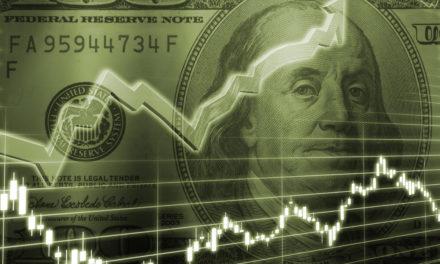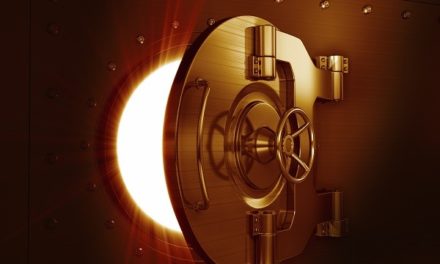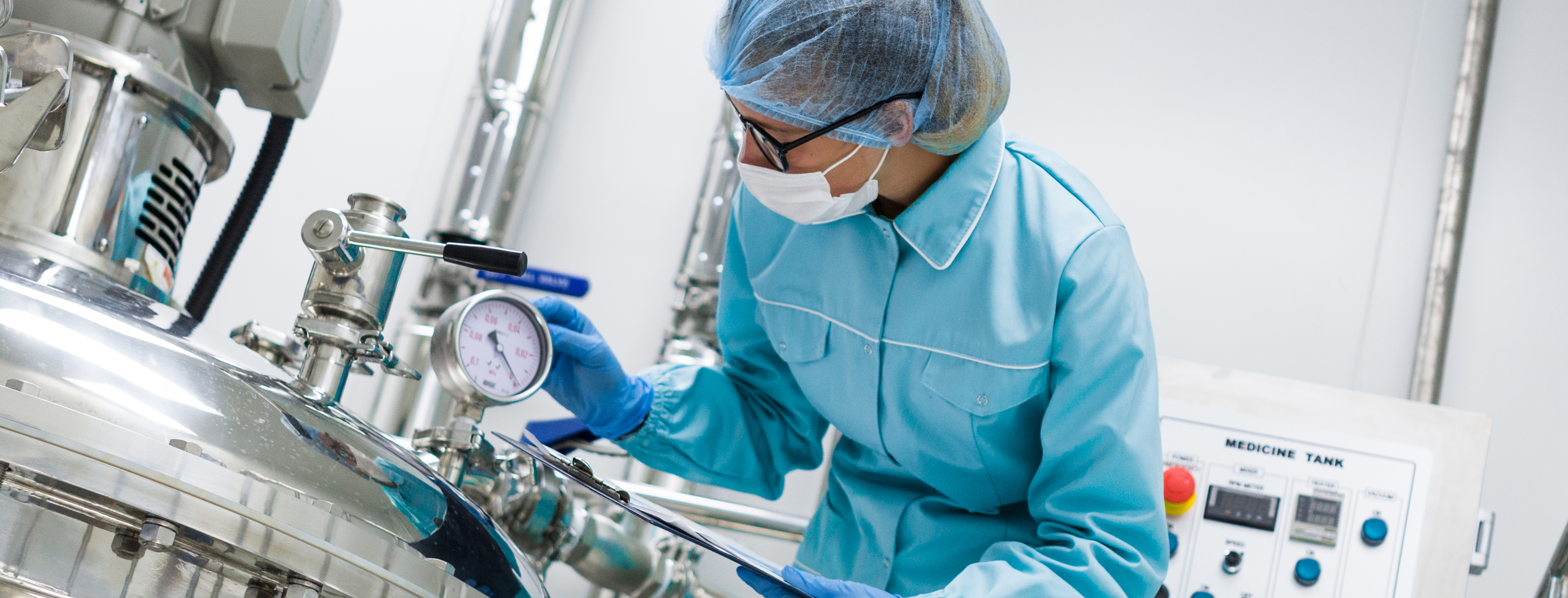
“When we own portions of outstanding businesses with outstanding managements, our favorite holding period is forever.”
— Warren Buffett
The Warren Buffett investment philosophy calls for a long-term investment horizon, where a two-decade holding period, or even longer, would fit right into the strategy. How would such a strategy have worked out for an investment into Essex Property Trust Inc (NYSE: ESS)? Today, we examine the outcome of a two-decade investment into the stock back in 2004.
| Start date: | 05/17/2004 |
|
|||
| End date: | 05/14/2024 | ||||
| Start price/share: | $62.25 | ||||
| End price/share: | $264.97 | ||||
| Starting shares: | 160.64 | ||||
| Ending shares: | 315.01 | ||||
| Dividends reinvested/share: | $113.88 | ||||
| Total return: | 734.68% | ||||
| Average annual return: | 11.19% | ||||
| Starting investment: | $10,000.00 | ||||
| Ending investment: | $83,477.04 | ||||
As we can see, the two-decade investment result worked out quite well, with an annualized rate of return of 11.19%. This would have turned a $10K investment made 20 years ago into $83,477.04 today (as of 05/14/2024). On a total return basis, that’s a result of 734.68% (something to think about: how might ESS shares perform over the next 20 years?). [These numbers were computed with the Dividend Channel DRIP Returns Calculator.]
Notice that Essex Property Trust Inc paid investors a total of $113.88/share in dividends over the 20 holding period, marking a second component of the total return beyond share price change alone. Much like watering a tree, reinvesting dividends can help an investment to grow over time — for the above calculations we assume dividend reinvestment (and for this exercise the closing price on ex-date is used for the reinvestment of a given dividend).
Based upon the most recent annualized dividend rate of 9.8/share, we calculate that ESS has a current yield of approximately 3.70%. Another interesting datapoint we can examine is ‘yield on cost’ — in other words, we can express the current annualized dividend of 9.8 against the original $62.25/share purchase price. This works out to a yield on cost of 5.94%.
One more piece of investment wisdom to leave you with:
“As in roulette, same is true of the stock trader, who will find that the expense of trading weights the dice heavily against him.” — Benjamin Graham




